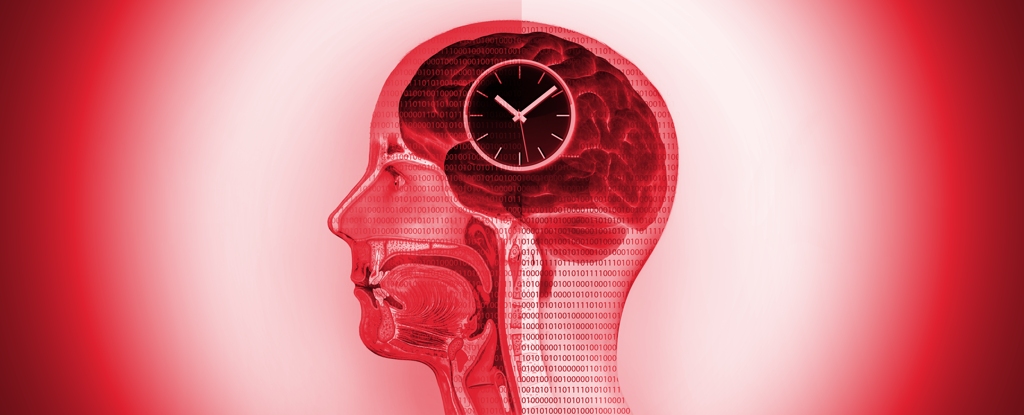Our body’s circadian clock affects everything from sleepiness to metabolism – and it might also influence how effective certain cancer treatments are, according to recent research.
Checkpoint inhibitors are immunotherapy drugs that block crucial proteins from binding to cancerous tumors, meaning the immune system’s T cells can more easily recognize and kill the cancer off. They are a good idea in theory, especially as the drugs are less toxic than chemotherapy, but scientists are trying to find ways to increase the impact of this approach in practice.
In the US, several checkpoint inhibitor therapies are currently approved for human use, but while these drugs can treat a wide variety of cancers, they only work for some patients.
Perhaps a person’s circadian rhythm plays into that outcome.
Here, a team from the University of California, Irvine (UC Irvine) found that in mouse models of colorectal cancer, the 24-hour circadian clock cycle affected both the strength of the defenses put up by tumors, and the ability of checkpoint inhibitors to fight them.
What’s more, when the circadian rhythm was disrupted in the mice, it reduced the immune system’s ability to tackle cancer. This, together with plenty of previous research, suggests both lifestyle changes as well as treatment times could be helpful in fighting cancer.
“Understanding precisely how circadian disruption promotes disease progression could lead to behavior modification to reduce cancer risk,” says Selma Masri, a biological chemist at UC Irvine.
In colorectal cancer, cancer tumors produce what are known as immunosuppressive cells to try and disable the body’s immune system protections. The study’s first finding was that the abundance of these cells changes in time with circadian rhythms.
Second, was the finding that body clock disruption increased these cells even further, helping the cancer to progress. Third, the checkpoint inhibitor treatments were found to work best when the immunosuppressive cell levels were at their peak.
It all adds to our understanding of how circadian rhythms could be utilized to give treatments a better chance – though more research will be needed to understand the other factors at play, and to confirm the same biological mechanisms in people.
“We found that proper regulation of circadian rhythms is necessary to suppress inflammation and support peak immune function,” says Masri.
Scientists are continuing to explore links between our body clocks and the functions of the immune system. The managing or optimizing of our circadian rhythms has recently been linked to biological aging and Alzheimer’s disease.
We also know that modern day living, from shift work to electric lighting, is interfering with our circadian rhythms – and maybe not for the better, as far as our body’s natural defenses are concerned.
“As we enhance our understanding of the fundamental mechanism of circadian regulation of immunity, we will be able to harness the power of the body’s natural rhythms to fight cancer and develop more personalized and effective treatment strategies,” says Bridget Fortin, a biological chemistry doctoral student at UC Irvine.
The research has been published in Nature Immunology.





